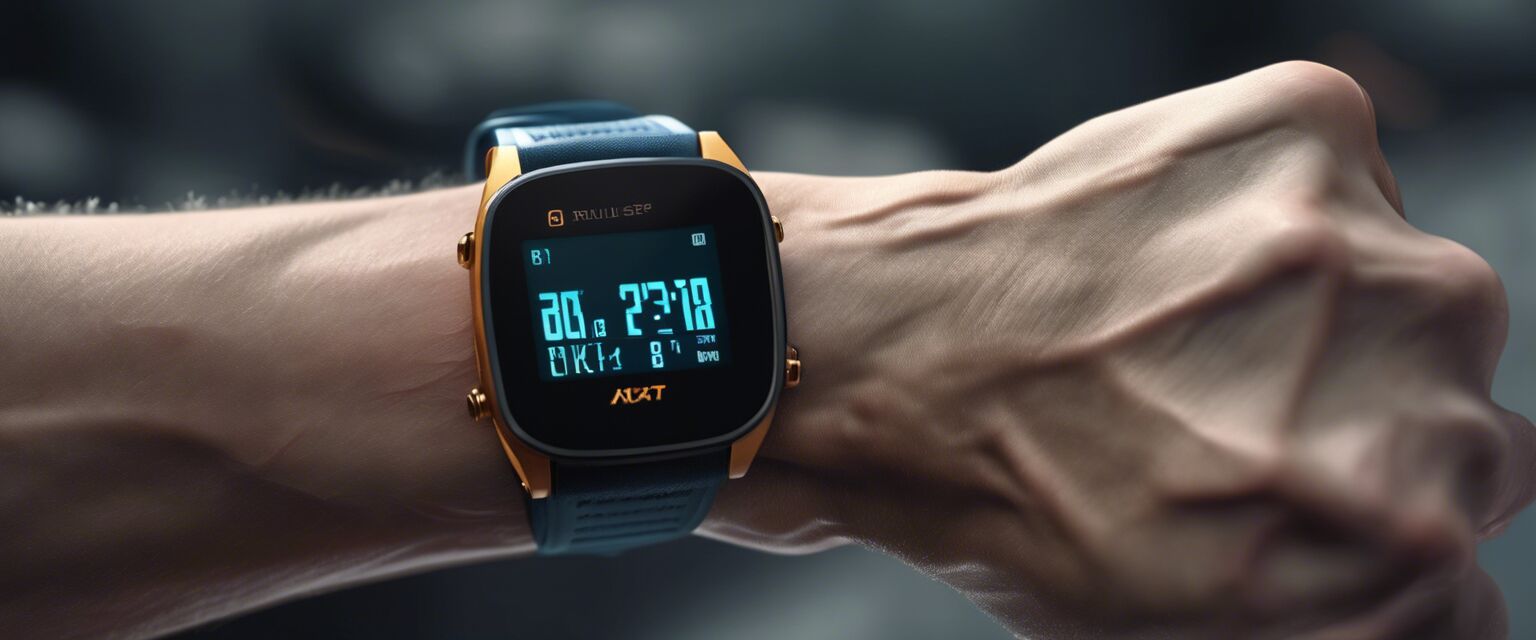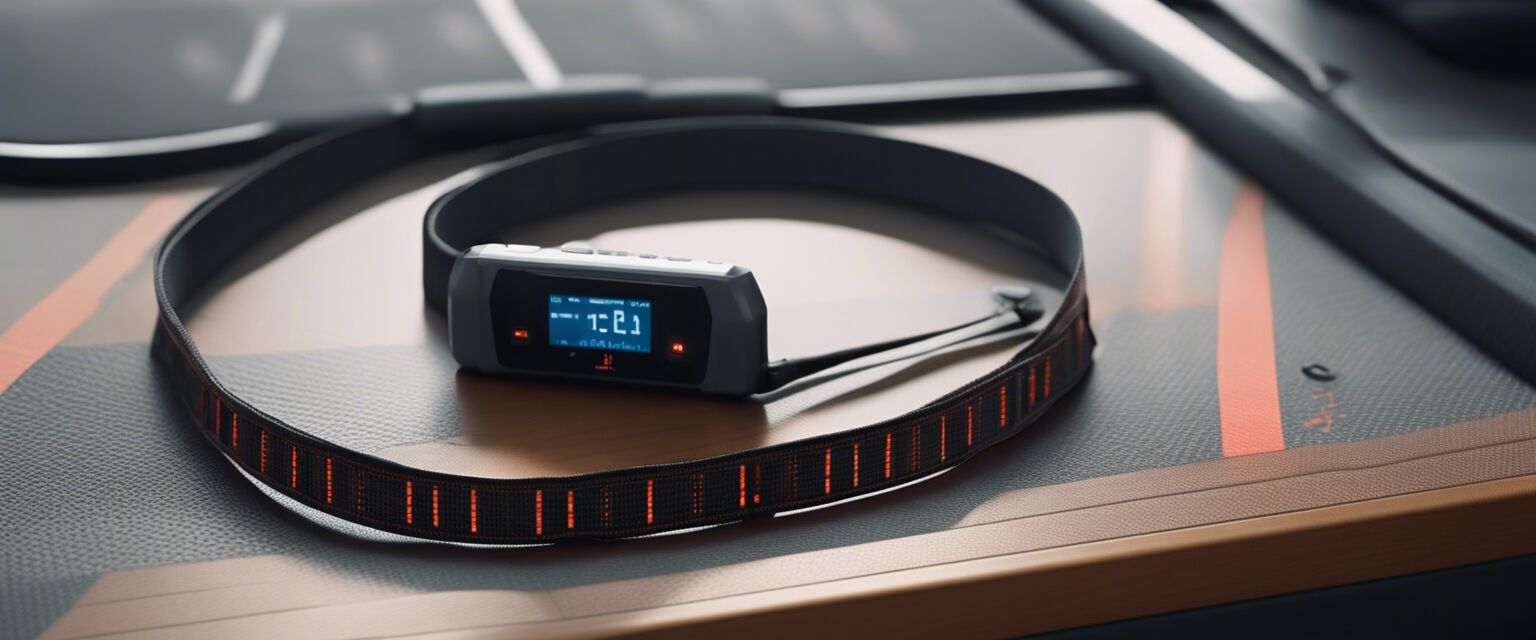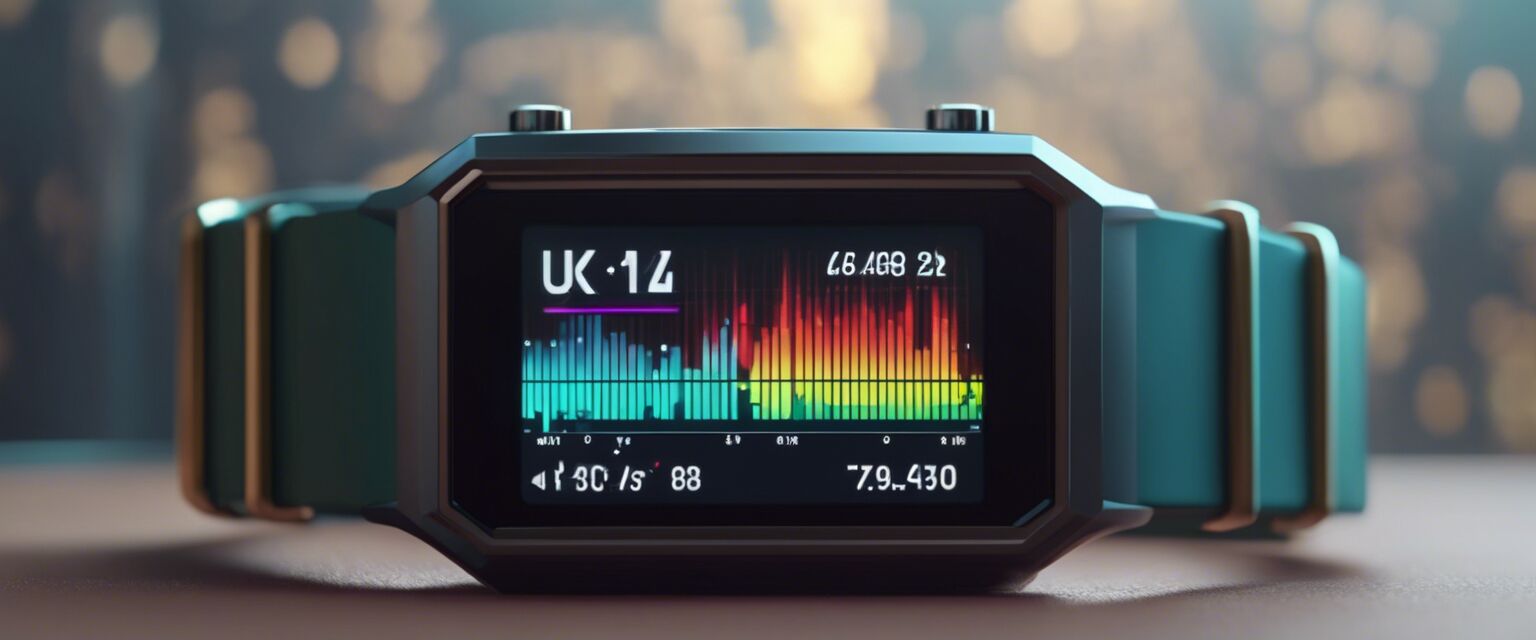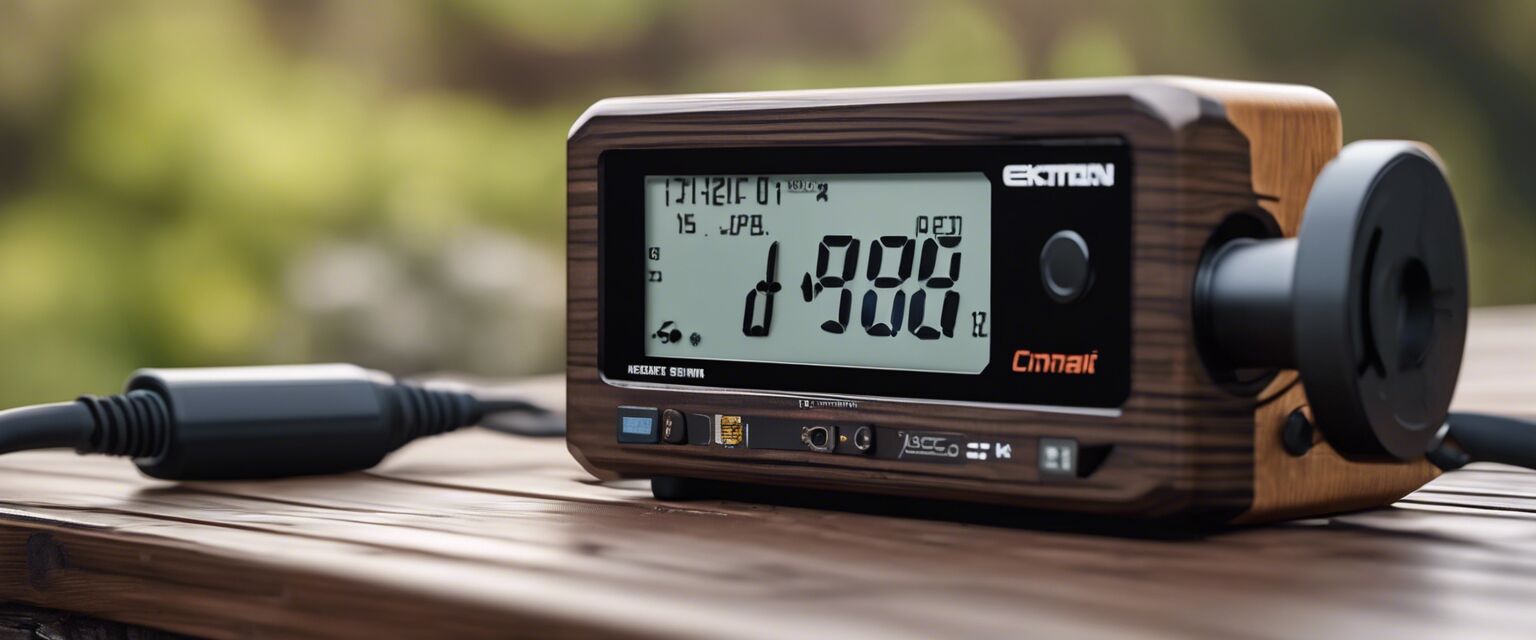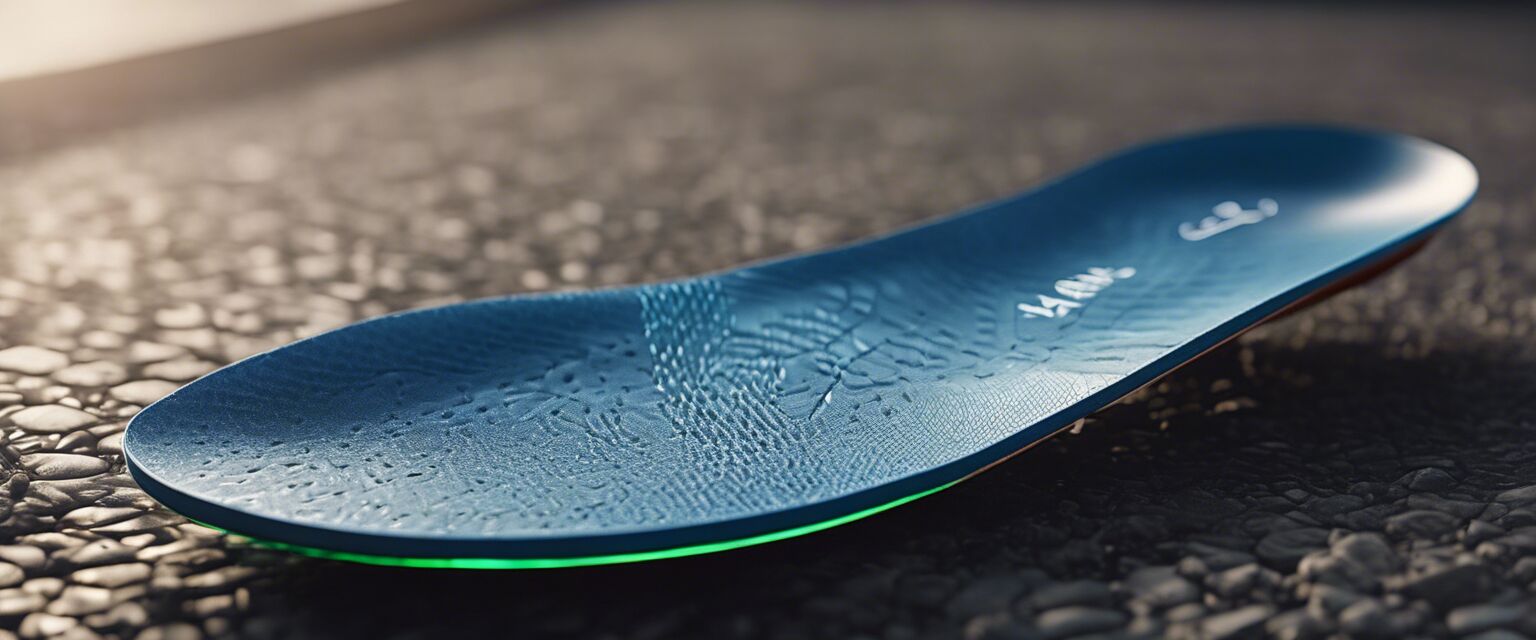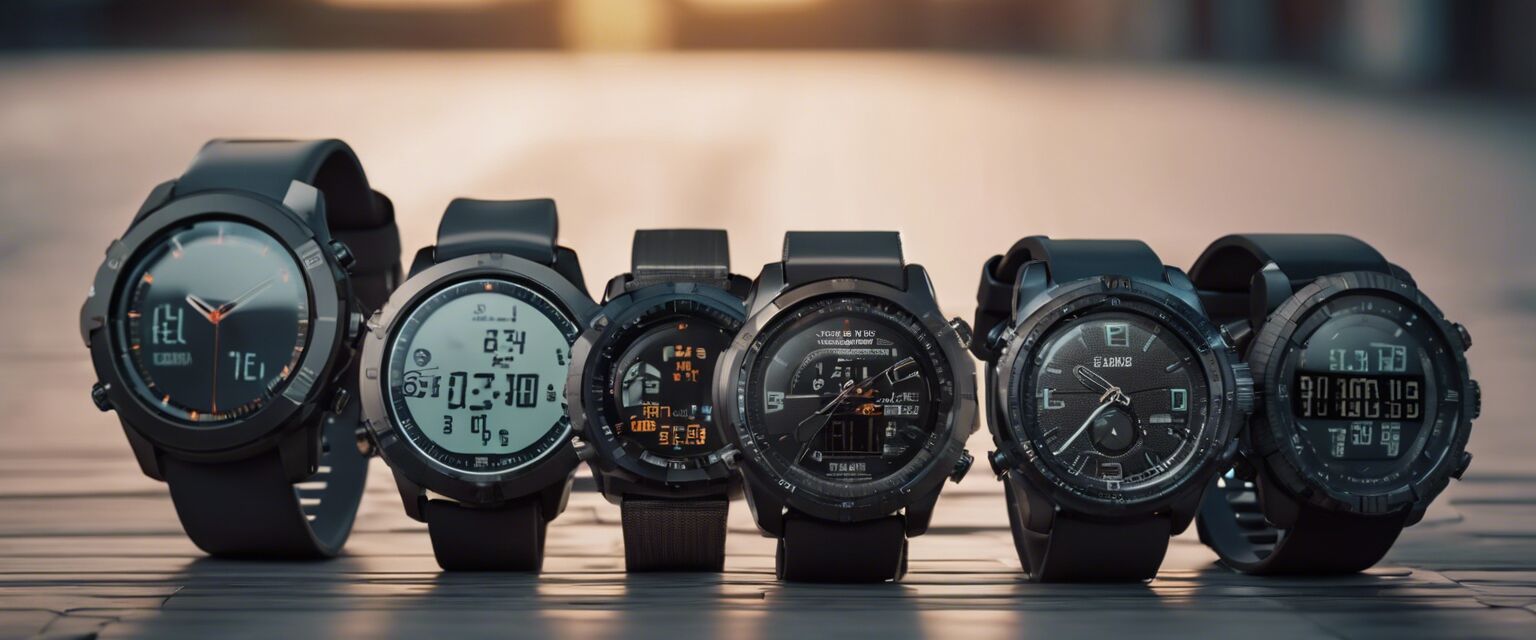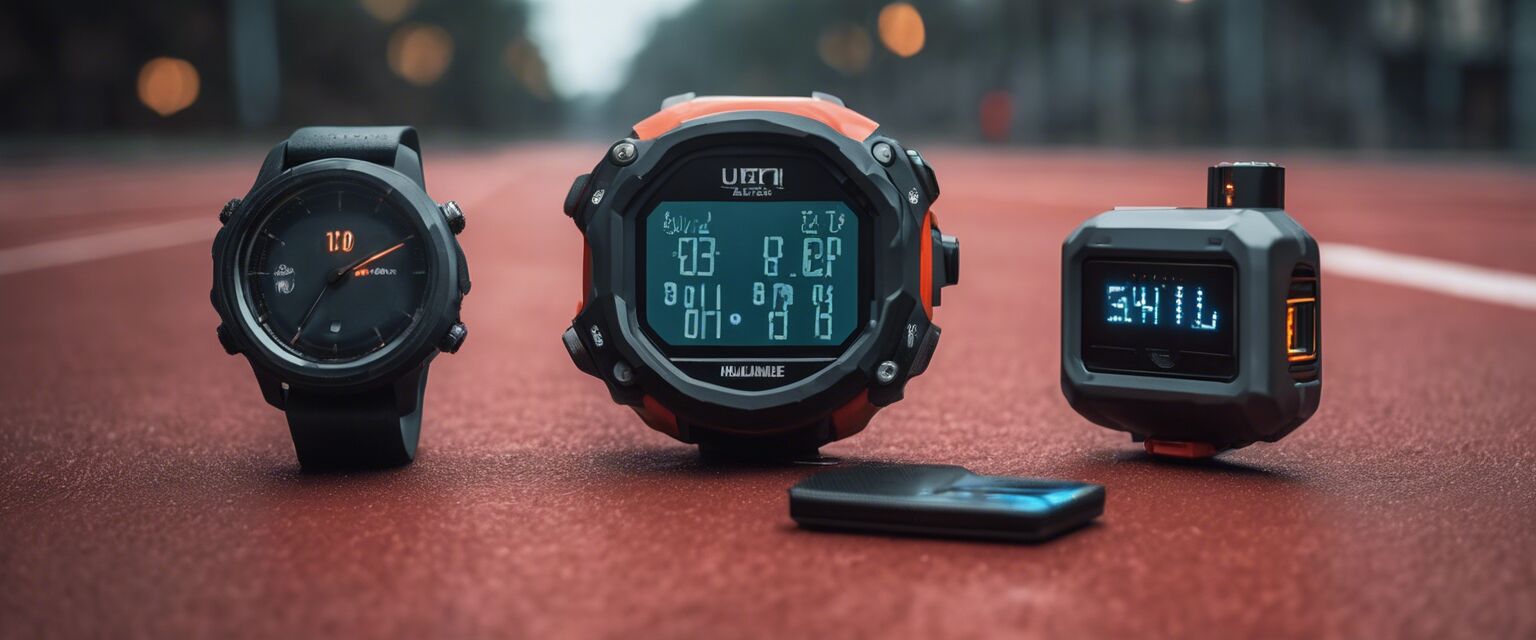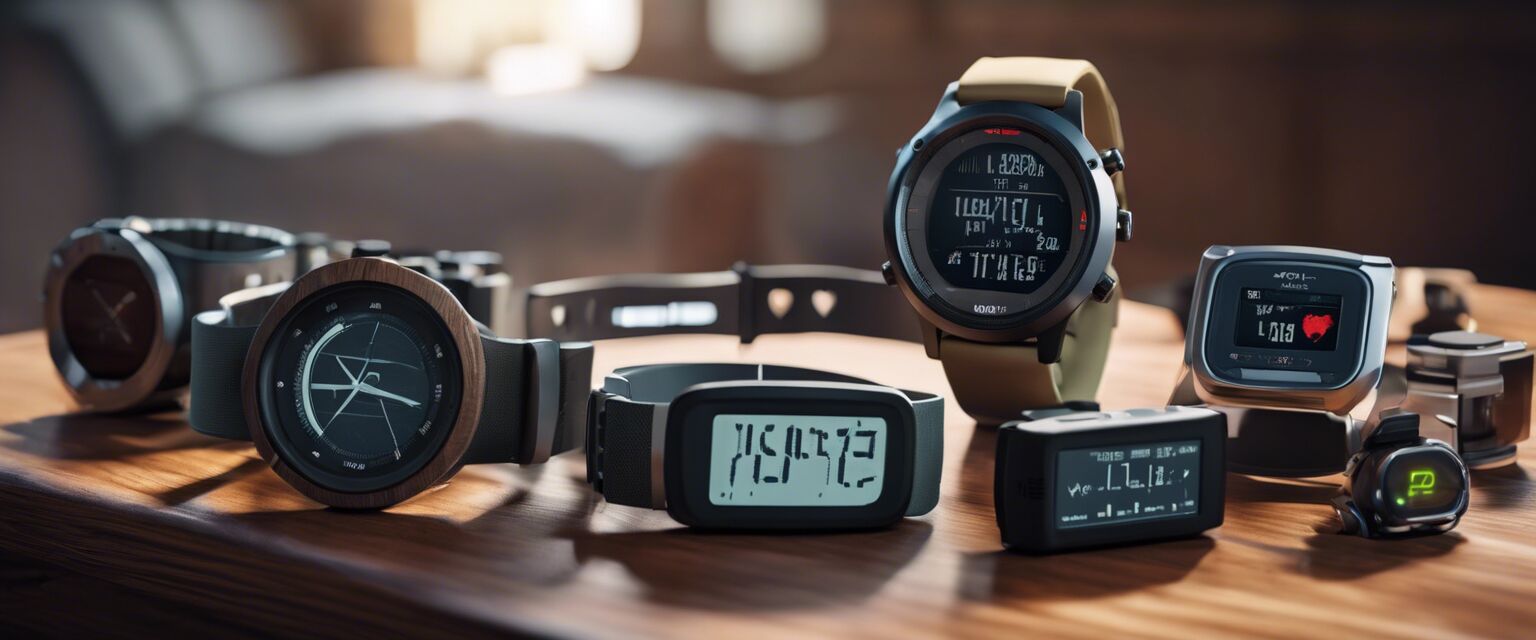
Heart Rate Monitors for Runners
Heart rate monitors are essential tools for runners aiming to optimize their training. They provide real-time data that can help runners understand their physical limits, improve endurance, and enhance overall performance. This guide dives into the best heart rate monitors tailored for runners, offering insights, comparisons, and essential tips.
Key Takeaways
- Heart rate monitors help track heart rate during workouts.
- They can improve training efficiency and performance.
- Look for features like GPS, connectivity, and battery life.
- Compatibility with other devices enhances functionality.
Why use a heart rate monitor?
Using a heart rate monitor can significantly impact your training regimen. Here are some reasons why every runner should consider incorporating one into their routine:
- Track Intensity: Helps runners maintain their desired intensity level.
- Recovery Monitoring: Assists in understanding and optimizing recovery times.
- Personalized Training: Allows for tailored training plans based on heart rate zones.
Types of heart rate monitors
Heart rate monitors come in various forms, each designed to cater to different needs and preferences. Here are the main types:
| Type | Description | Pros | Cons |
|---|---|---|---|
| Chest Strap | Worn around the chest, it measures heart rate using electrocardiogram (ECG) technology. | Highly accurate, can connect to various devices. | Can be uncomfortable for some users. |
| Wrist-Based | Integrated into watches or fitness trackers, it uses optical sensors to measure heart rate. | Convenient and easy to use. | May be less accurate than chest straps. |
| Smartphone Apps | Utilizes the phone's camera to measure heart rate. | No additional cost if you already have a smartphone. | Less accurate and requires a steady hand. |
Features to consider
When choosing a heart rate monitor, consider the following features:
- GPS Functionality: Tracks distance and pace along with heart rate.
- Battery Life: Longer battery life means less frequent charging.
- Water Resistance: Essential for outdoor runners.
- Compatibility: Ensure it works with your smartphone or fitness apps.
Comparison of popular heart rate monitors
| Model | Type | GPS | Battery Life | Price |
|---|---|---|---|---|
| Monitor A | Chest Strap | Yes | Up to 50 hours | $99 |
| Monitor B | Wrist-Based | Yes | Up to 14 days | $149 |
| Monitor C | Smartphone App | No | Depends on phone | Free |
Tips for choosing the right heart rate monitor
Beginners section
- Start with your budget and needs.
- Read reviews and compare features.
- Consider your training goals when selecting a model.
- Test the comfort level before making a decision.
How to use a heart rate monitor effectively
To maximize the benefits of your heart rate monitor, follow these guidelines:
- Wear it correctly to get accurate readings.
- Understand your target heart rate zones.
- Monitor your heart rate during different activities.
- Use the data to adjust your training intensity.
Safety tips while using heart rate monitors
While heart rate monitors are generally safe, keep these safety tips in mind:
- Consult with a healthcare provider if you have health concerns.
- Stay hydrated during your runs.
- Take breaks if you feel discomfort or unusual symptoms.
Pros
- Provides real-time feedback on heart rate.
- Helps improve running performance.
- Encourages safer training practices.
Cons
- Initial investment can be high.
- Some models may require additional accessories.
Conclusion
Heart rate monitors are invaluable for runners looking to enhance their performance and training efficiency. By understanding the types, features, and effective usage of heart rate monitors, you can make an informed decision that aligns with your running goals. For more insights on running technology, check out our other articles on advanced running watches, GPS trackers for runners, and safety lights and reflectors.
Further Reading
If you're interested in exploring more about running gadgets, consider looking into:
